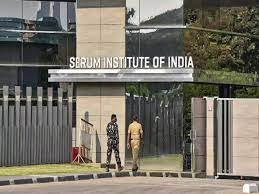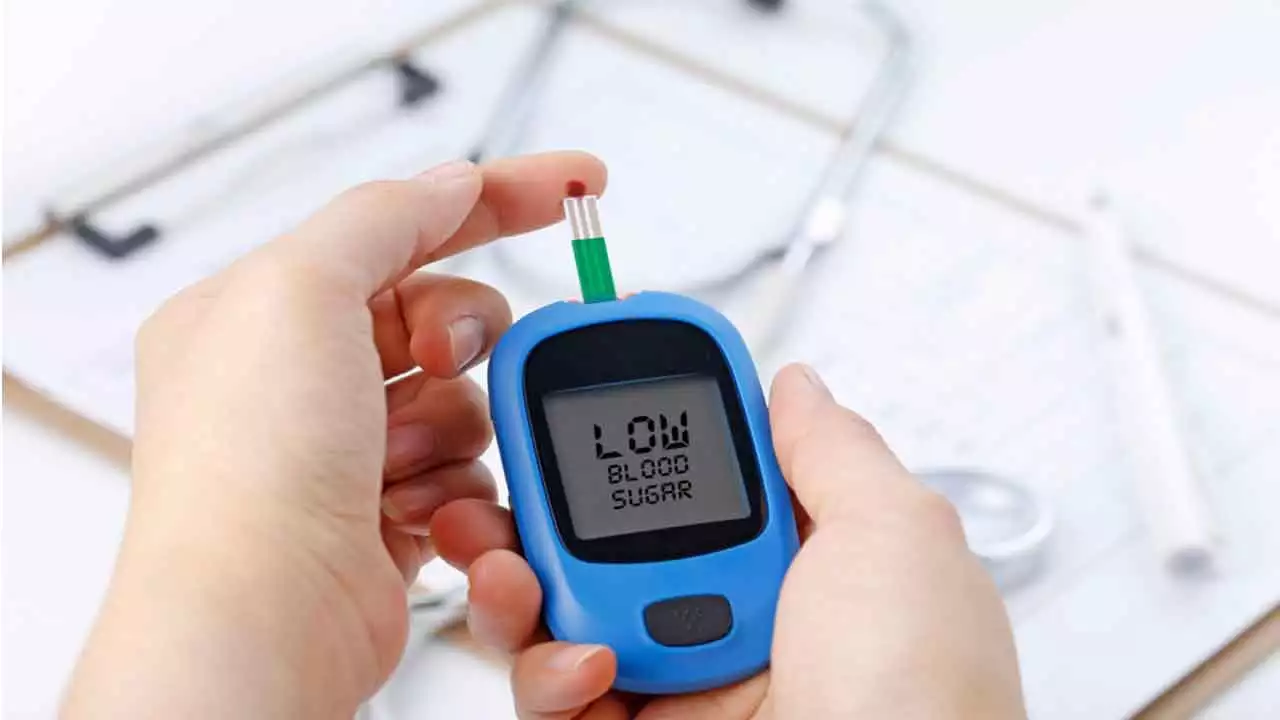Adar Poonawalla, the CEO of Serum Institute of India, the world’s largest vaccine maker, revealed that the company has repurposed its manufacturing facilities previously used for COVID-19 vaccines to ramp up production of vaccines against diseases like malaria and dengue. In an interview, Poonawalla explained that with the decrease in demand for COVID-19 vaccines, Serum Institute is redirecting its resources towards producing newer shots, which is anticipated to increase total production by an estimated two and a half billion doses.
The company, known for manufacturing AstraZeneca’s Covishield and Novavax’s protein-based COVID-19 vaccines in India, made significant investments totaling $2 billion during the peak of the global health crisis to enhance production capacity.
Currently, Serum produces around 1.5 billion vaccine doses annually and boasts a production capacity of up to 4 billion doses. Poonawalla emphasized the importance of this capacity in rapidly vaccinating the entire population of India within three to four months in the event of future pandemics.
While Serum is engaged in discussions with various countries and governments to leverage its facilities during future outbreaks, Poonawalla did not disclose further details about these negotiations.
Regarding specific vaccine developments, Poonawalla noted that Serum has the capacity to manufacture 100 million doses of its malaria vaccine, with potential for further scaling up based on demand. The company has already produced 25 million doses in anticipation of a forthcoming launch in the coming months. Malaria, a mosquito-borne disease, continues to claim over half a million lives annually, predominantly affecting young children in sub-Saharan Africa.
Serum intends to prioritize exporting its vaccines, particularly the malaria shot, to other nations rather than engaging in technology transfer agreements. Additionally, the company is in the early-to-mid-stage trials of a single-dose dengue vaccine, another mosquito-borne disease. Poonawalla stated that late-stage trials for the dengue vaccine are expected to conclude within the next three years. While Japan’s Takeda Pharmaceutical already offers a dengue vaccine in several countries, including those grappling with significant outbreaks like Argentina and Brazil, Serum and other companies, such as Indian Immunologicals, are also actively developing vaccines against the disease.



